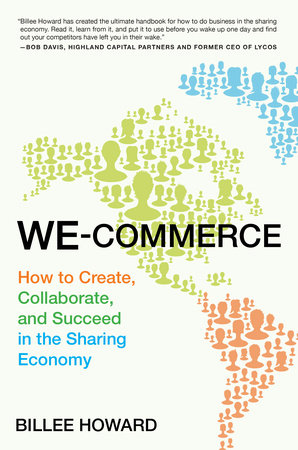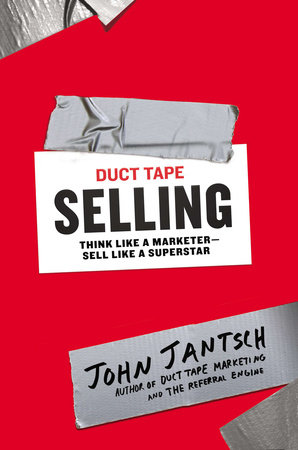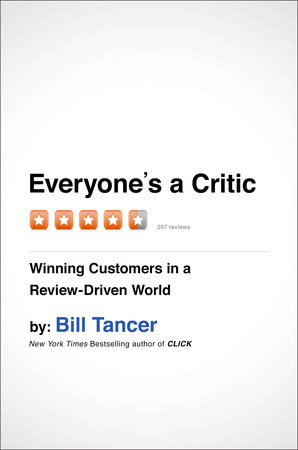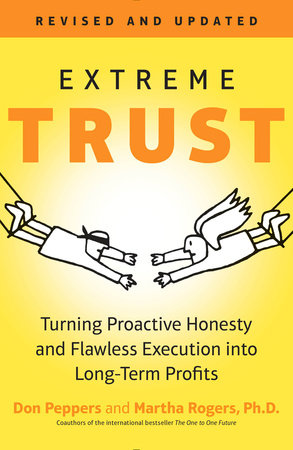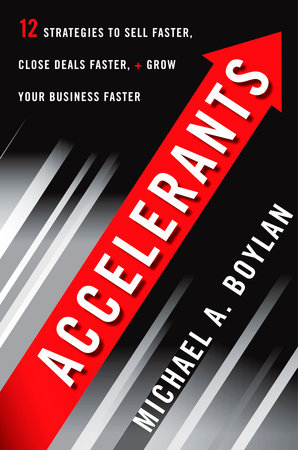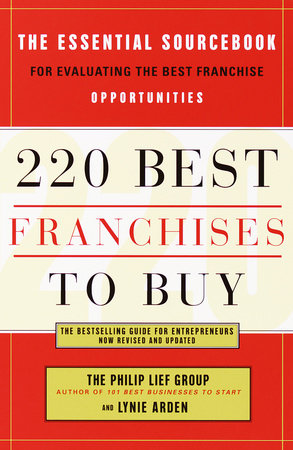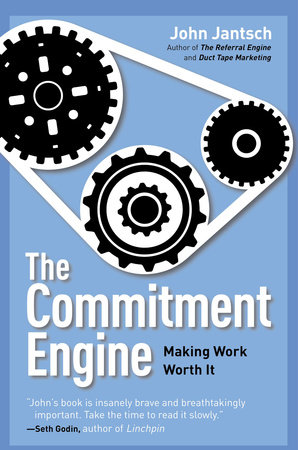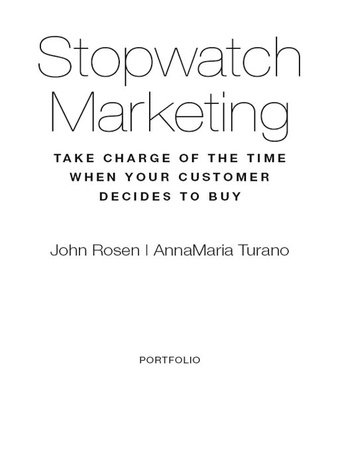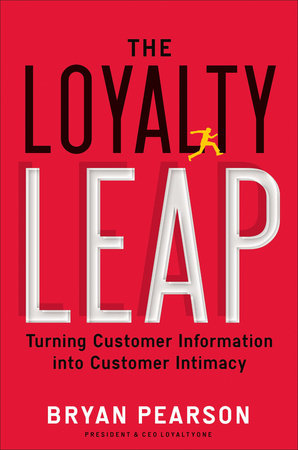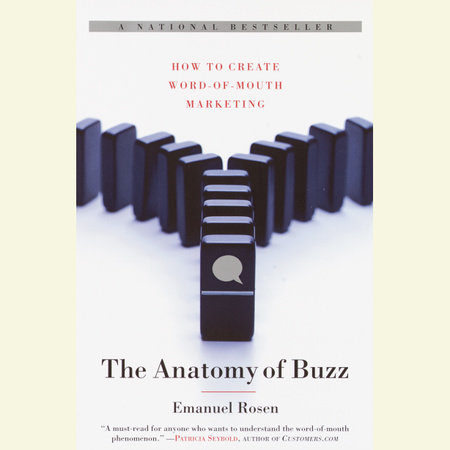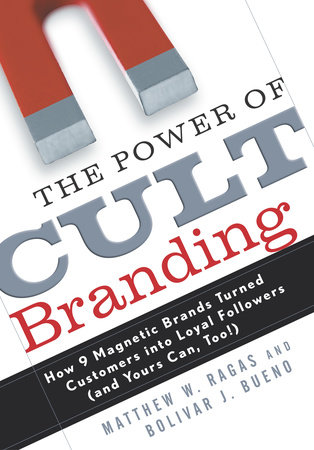Author Q&A
Buzz in Chicago
In May 2000, Doubleday asked me to cover the annual conference of the publishing
industry–Book Expo of America (BEA). I love trade shows and it was a great
opportunity to learn how buzz spreads in this industry. Here are some of my
observations after a couple of days in Chicago, listening to book buzz.
Q: Everyone talks about "buzz". What exactly is it and why is it
important?
A: By "buzz" I refer to all the person-to-person communication about a certain
brand. Buzz is usually considered to be an abstract concept, but at McCormick Place
where BEA took place, you could actually hear it–that humming of hundreds of men
and women, all talking at the same time. To understand why buzz is important you
just had to look at people at the exhibit hall. Information overload was written all
over their faces. There’s always too much information coming at people at trade
shows, so they filter out most of the messages they are exposed to. They do,
however, listen to their friends and colleagues.
Q: How can you measure buzz?
A: Until someone invents a buzz-o-meter, the best way is to talk to people. So I
walked around and asked people to recall conversations they had with others during
the show.
Q: What were they talking about?
A: The first thing that struck me as someone who comes from the high-tech industry
was the focus of the conversations. At a typical high-tech trade show people talk
about the latest gadget that Cisco or 3COM are expected to announce, so buzz
focuses on product. But when I asked people at BEA what they’ve been talking
about, typical answers were "Michael Ondaatje’s new book," or "Martin Amis" or
"Barbara Kingsolver". Buzz in the publishing industry focuses much more on the
people behind the product.
Q: What does it mean to publishers?
A: The three authors that I mentioned have one thing in common. All three were at
the show. Other names that came up repeatedly were Julie Andrews Edwards, Peter
Sis, Philip Pullman, Charlie Trotter, E. Lynn Harris, Rosellen Brown, Gary Sinise,
Richard Lewis, and Michael Frayn. All people who were there.
Q: So an author had to be there to get buzz.
A: People talked about Harry Potter and the Beatles book even though the authors
weren’t there. But most of the authors that were mentioned in conversations seem to
be either ones who spoke or ones who autographed their books.
Q: And these are also the authors who will get buzz among readers?
A: Not necessarily. Every industry has seen products that got tremendous buzz at
trade shows but failed in the marketplace. When the Apple Newton was introduced
at MacWorld Expo it was the talk of the show, but the product didn’t make it in the
marketplace. Sometimes the opposite happens. The woman who brought
Birkenstock to this country, Margot Fraser, told me how when she first presented
the shoes at a trade show for shoe store owners, the reaction was so bad that she
escaped through the fire exit. But eventually, the product grew through
word-of-mouth among customers. So customer buzz and industry buzz are two
different things. What is rather unique about the publishing industry is the network
of independent book sellers that is very well connected to readers. So we’ll all be
very surprised if the buzz among booksellers about Barbara Kingsolver will not
trickle to readers. It’s also important to remember that buzz doesn’t only flow from
industry to consumers. It also flows the other way around when readers recommend
books to stores and to their friends. This type of buzz is hard to detect at a trade
show.
Q: What other topics did people talk about at the show?
A: Electronic publishing was obviously a big topic. In times of uncertainty, people
in an industry try to understand how the changes will affect them. Last year I
attended a conference in the automotive industry where most of the talk was about
selling cars on the web. I saw the same thing at BEA. Publishers, authors and book
sellers were all talking about how the e-book will affect the industry.
Q: What about gimmicks at trade shows, do they create buzz?
A:Ultimately, you want people to talk about the product, not about how it’s being
promoted, but gimmicks that are fresh and surprising, definitely make people talk.
One woman told me how she had seen the Pope drinking from a water fountain at
the show. He was, of course, a look-alike to promote the book Made You Look.
It’s a gimmick but they made us look.



